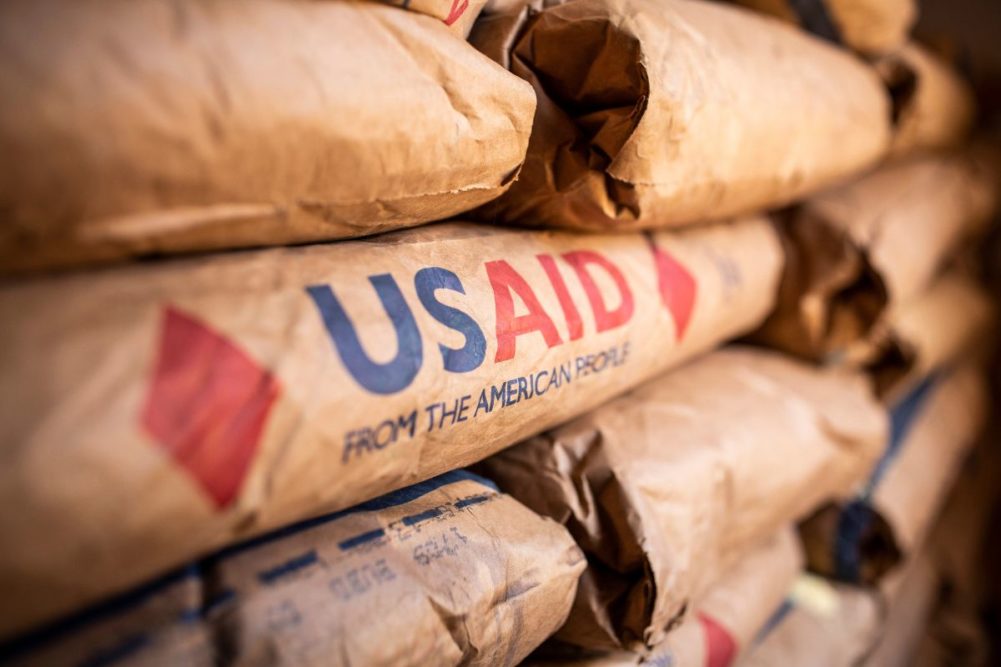WASHINGTON, DC, US — The US Department of Agriculture (USDA) and the US Agency for International Development (USAID) plan to deploy $1 billion in Commodity Credit Corp. funding to purchase US-grown commodities that provide emergency food assistance to people in need around the world.
“America’s farmers are the most productive and efficient in the world, and we rely on them to supply safe and nutritious food not only to our nation, but to the global community,” Agriculture Secretary Tom Vilsack said. “With many millions of people in dire need worldwide, the US agricultural sector is well positioned to provide lifesaving food assistance. The United States produces more commodities than are consumed, and therefore has the opportunity to partner with USAID and extend this food to those in our global community who are struggling.”
The agency stated during October 2023 its intention to bolster efforts to combat global hunger by purchasing US-grown commodities and working with USAID.
“During this time of staggering global hunger, America is extending a hand to hungry communities around the world — and American farmers are crucial to that effort,” said Samantha Power, administer for USAID. “USAID is honored to collaborate with USDA to purchase, ship and distribute our surplus food supplies to people in urgent need across the globe.”
The agencies said the project would provide $950 million worth of agricultural products that align with traditional USAID international food assistance programming. Commodities included in the shipment and distribution include US wheat, rice, sorghum, lentils, chickpeas, dry peas, vegetable oil, cornmeal, navy beans, pinto beans and kidney beans. USAID said it will then determine where the available commodities should be sent without disrupting local markets.
The two groups confirmed that 18 countries would receive the initial round of support.
An additional pilot project of up to $50 million will also be set up to utilize US commodities that have not traditionally been part of international food assistance programs but are shelf stable and suitable for feeding food-insecure populations.
Both US Wheat Associates (USW) and the National Association of Wheat Growers (NAWG) applauded the announcement.
“American wheat farmers are proud to step up to the plate to provide critical food resources to address global needs,” said Michael Peters, chairman of USW and an Oklahoma wheat farmer. “This funding will provide wheat and other commodities to address food insecurity. These additional resources will help the US wheat industry, and US agriculture, continue to be a reliable source of food for the world.”
Keeff Felty, president of NAWG, added, “Additional funding for food assistance programs will help address the most urgent humanitarian needs in a generation. USW and NAWG look forward to working with USDA and other partners to ensure additional food donations generate the significant benefits where they are needed. As NAWG works with Congress to reauthorize the farm bill, we continue to advocate for strengthening the in-kind commodity donation program and additional investments in the existing trade promotion programs.”





